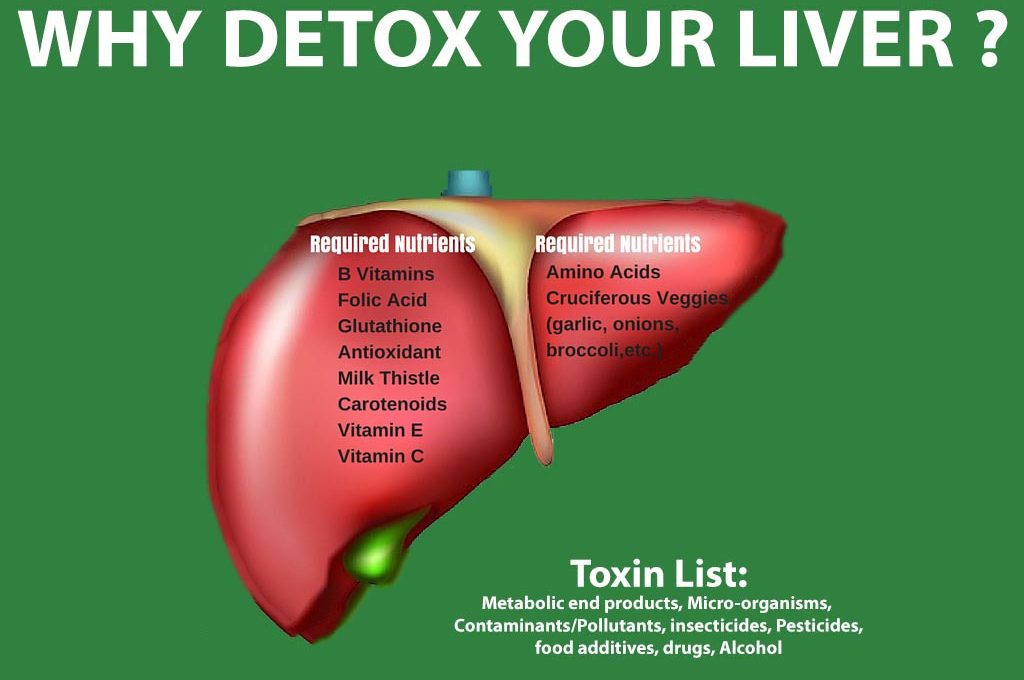
The liver is an important organ in your body, functioning as the main detoxifying organ and producing bile acids, a natural lubricant to help break down food
In addition, it produces cholesterol which is vital for healthy blood circulation.
The liver's function is highly important in fighting off infection and other complications of disease. It also aids in energy storage, metabolizes fat, controls cholesterol levels, produces bile acids, is involved in neurotransmission, and helps to produce energy.
The liver is classified into four major organ systems, each system having a very specific job to do. The liver is divided into three layers, with each layer responsible for a specific function. Here is a basic description of each layer and how each functions.
Bile is the fat and cholesterol that the body produces naturally to aid in digestion. If the liver does not produce enough bile acid, there is a chance of developing an infection such as hepatitis. Liver failure is caused by a low amount of bile.
Endocrine glands located at the end of the digestive tract secrete hormones into the bloodstream which affect different functions. These hormones can affect the production or secretion of bile acids, which are important for the production of cholesterol. The production and secretion of bile acids are controlled by the pancreas and the liver.
The nervous system controls the movement of food through the small intestine and into the large intestine
When the food passes into the small intestine, enzymes called bile salts are produced. This assists the stomach in digestion and absorption of nutrients.
The small intestine is responsible for absorbing vitamins and minerals from the food we eat. It is also where the liver stores excess fat. It is also responsible for the absorption of protein, carbohydrates, and fatty acids. It functions in conjunction with the pancreas to process food and to absorb the fat it absorbs.
The liver has many different function in the body. Some of its roles include: detoxification, metabolism, storage of fat, production of bile acids, production of cholesterol, and production of bile acids and cholesterol. The function of the pancreas is the main role it performs in our body.
The human body makes its own bile acids, and these bile acids are released into the bloodstream. The liver secretes fats that are needed to metabolize stored fats. The kidneys and gallbladder help remove these fats from the bloodstream.
Bile salts that are released into the bloodstream are transported through the bile ducts into the small intestine. The kidneys help filter these bile salts from the blood, and these filtered bile salts are then used in the food we eat. The blood is then excreted from the liver into the bladder, from where it is excreted in the urine.
The liver also secretes bile acids to produce bile acids, which help digest the food we eat. It helps in the production of cholesterol.
It is important to note that if you are taking medications such as aspirin, you may need more than one part of your liver to function at the same time. This is especially true when taking a diuretic, a medicine to remove toxins from the body. There are also medications that are used to prevent infections such as erythromycin, clindamycin, and ampicillin.
If your liver has an infection, you will find that it is not functioning properly. In this case, surgery, such as hepatectomy, is used to treat the infection. Find out more about treating infections at Handaldok. If the liver does not function properly, it can lead to the death of the person.
Leave a Reply